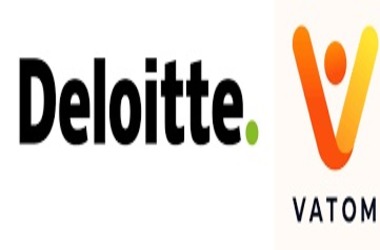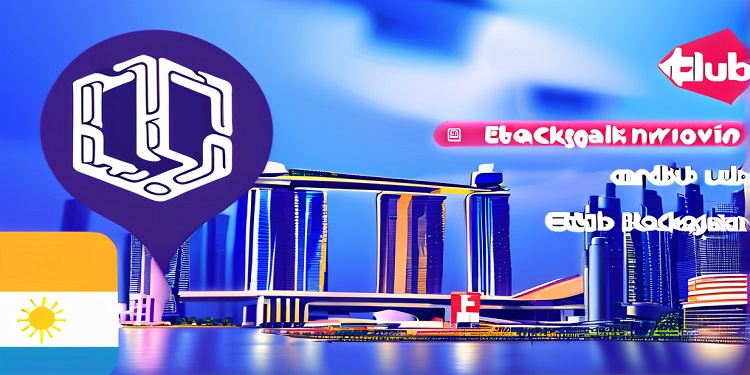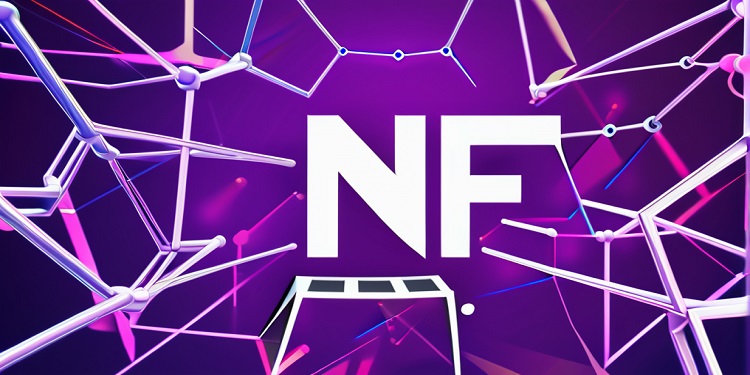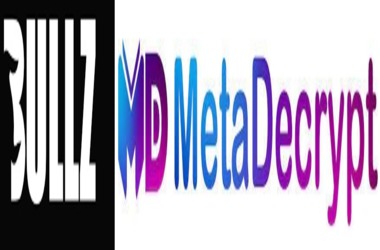 Deloitte has teamed with Web3 solution provider Vatom to offer immersive experiences for diverse business sectors, like virtual reality for cultural development and community interaction for brands. The collaboration enables the simultaneous hosting of thousands of users in the same digital space, with exposure to an array of digital assets and metaverse tokens via a cross-chain wallet.
Deloitte has teamed with Web3 solution provider Vatom to offer immersive experiences for diverse business sectors, like virtual reality for cultural development and community interaction for brands. The collaboration enables the simultaneous hosting of thousands of users in the same digital space, with exposure to an array of digital assets and metaverse tokens via a cross-chain wallet.
Nevertheless, the main objective behind providing immersive interactions to firms is to collect user info. Khusro Khalid, the managing director at Deloitte Digital, disclosed that the lessened accessibility of third-party info has turned into a major trend impacting all sectors. Therefore, businesses that depend on grasping and interacting with clients are attempting to replace third-party info and reduce customer acquiring costs.
According to Khalid, the adaptability of immersive experiences enables businesses to utilize a variety of Web3 resources, including virtual spaces, Programmable Digital Objects, a cross-chain global wallet, POS redemption, token restriction, and loyalty rewards, for diverse business reasons. Deloitte has multiple solutions for metaverse resources that could aid businesses. Virtual spaces are one such tool, as they can be utilized for occurrences, conferences, and staff training. Using gamified resources, virtual spaces can make teaching more participatory and entertaining.
Another illustration is digital doubles, which could be utilized in real estate to offer potential purchasers an immersive preview of a place without exiting their residences. In both scenarios, digital spaces not only offer a straightforward way of interaction but also enable businesses to collect priceless first-hand, intermediary-free, statistics from those who partake. This info can inspire future tactics and initiatives, as per Khalid’s statement.
Companies spend billions of dollars globally in virtual reality activities. As per to Precedence Research, the worldwide market for immersive technology was valued at $21.6 billion in 2021 and is expected to hit $134.18 billion by 2030.
Major technology firms like Nvidia, Qualcomm, Google, Meta (Facebook), and Microsoft have already revealed metaverse-related projects. In the metaverse sector, prominent decentralized and blockchain-powered platforms include Decentraland, The Sandbox, Axie Infinity, Metahero, and Star Atlas, among others.








